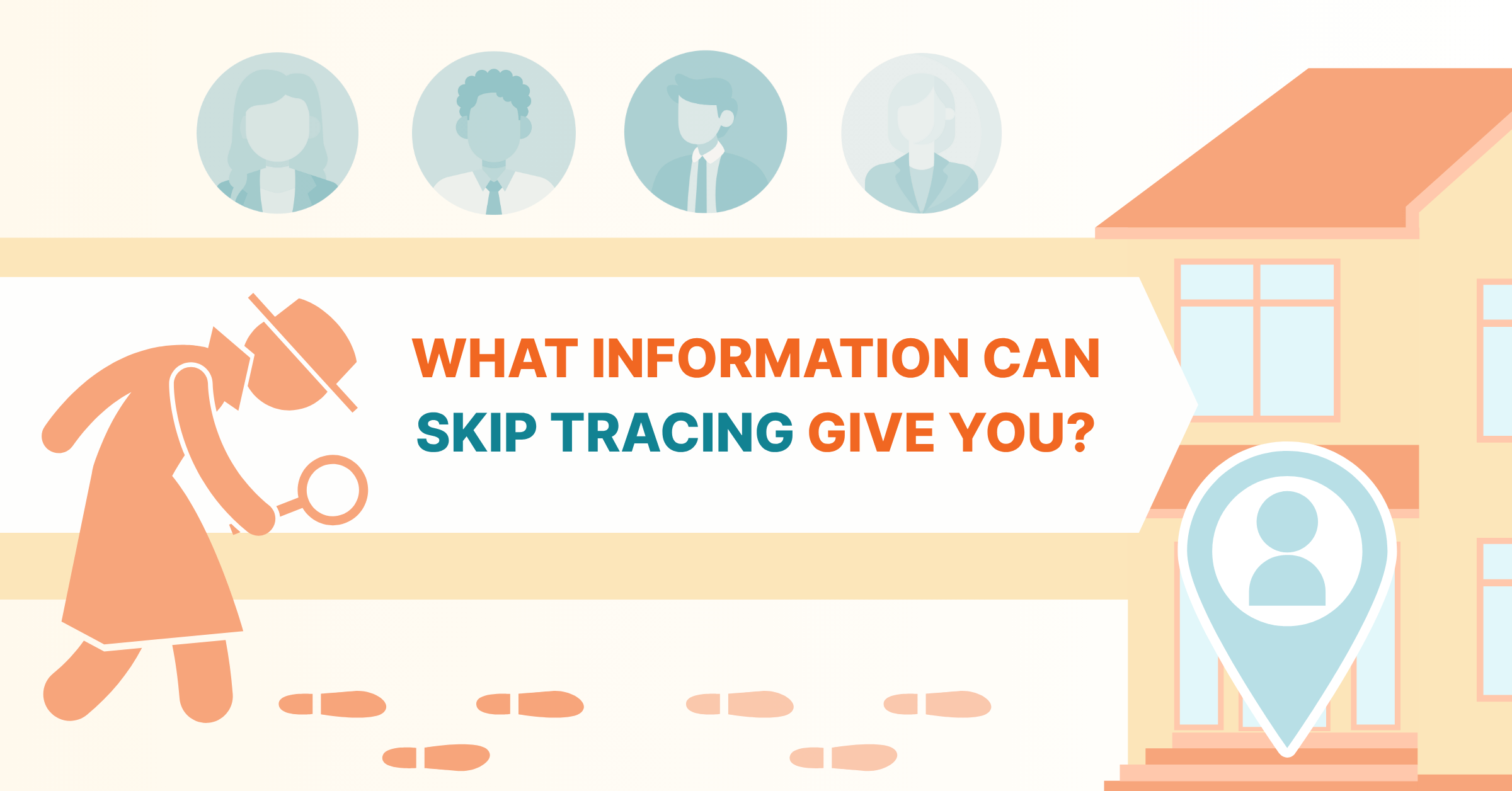The average smartphone user spends five hours a day on his or her device, up 20% over the past few years. Brokers, buyers, and sellers are all realizing the benefits of using mobile devices for real estate marketing, communications, and data.
Compared to other forms of marketing, mobile can be more effective and efficient, enabling you to reach more of the right buyers and sellers with a simple tap or a swipe. Successful brokers and real estate professionals know that an omnichannel (conventional and digital) approach to marketing is the most effective way to build awareness and sales/rentals.
Unlike in-person marketing, it enables you to reach large numbers of targeted prospects quickly and is perhaps less intrusive. Mobile marketing is generally less expensive than direct mail and print advertising. An ideal marketing plan for brokers and agents wields a balanced mix of media, including social media marketing (e.g., Facebook and LinkedIn), digital marketing (online ads), and conventional techniques. Adding mobile to your real estate marketing mix — via SMS texting and ringless voicemail — completes the recipe for success.
Mobilizing Your Real Estate Marketing
SMS texting involves sending direct messages to potential buyers or sellers on their phones. Text messages are read faster and kept longer. Although consumers open only one in four emails, they read 82% of text messages within five minutes. As with all forms of marketing, you first need to develop a tight ad-specific plan, pinpointing who you're targeting and what your message will be. Use a platform specifically designed for the real estate industry to ensure you are in compliance with FCC and other regulations and are applying best practices to your campaigns.
Ringless Voicemail is a technique for sending messages directly to a smartphone without ringing the recipient's phone. Although some consumers may find it invasive, it enables you to deploy a volume of targeted messages direct to prospects' phones. If you create and record a professional and targeted message it will be perceived as helpful rather than intrusive.
Both techniques can be used for:
- Building awareness by introducing yourself to a new group of targeted prospects
- Sharing updated information about listings, home values, and relevant news about neighborhoods
- Communicating with your own agent or broker team
- Combining with geofencing technology, enabling you to message people when they are in a specific location
A Device for Every Message
Voice devices like Alexa and Google Home, along with watches, headphones, and even jewelry, are rapidly becoming communication vehicles for real estate marketing and management. Voice searches are up close to 10% from last year. One creative broker developed an Alexa skill to push out daily updates about listings, sales, and other news.
Mobile and voice marketing will help build a more personal relationship with prospects, especially if you have useful messages and tips to convey. Developing the right templates is key, as that enables you to send mass messages that still feel personalized and direct. The most effective mobile marketing is interactive. Find ways to give the receiver an easy way to reach back out to you (even with a specific property code for more information), so you can establish a one-on-one relationship and capture data.
Mobile and voice marketing is an essential component of every real estate marketing plan. Learning how to combine it with conventional media is vital to every broker's and agent's success in today's market.



